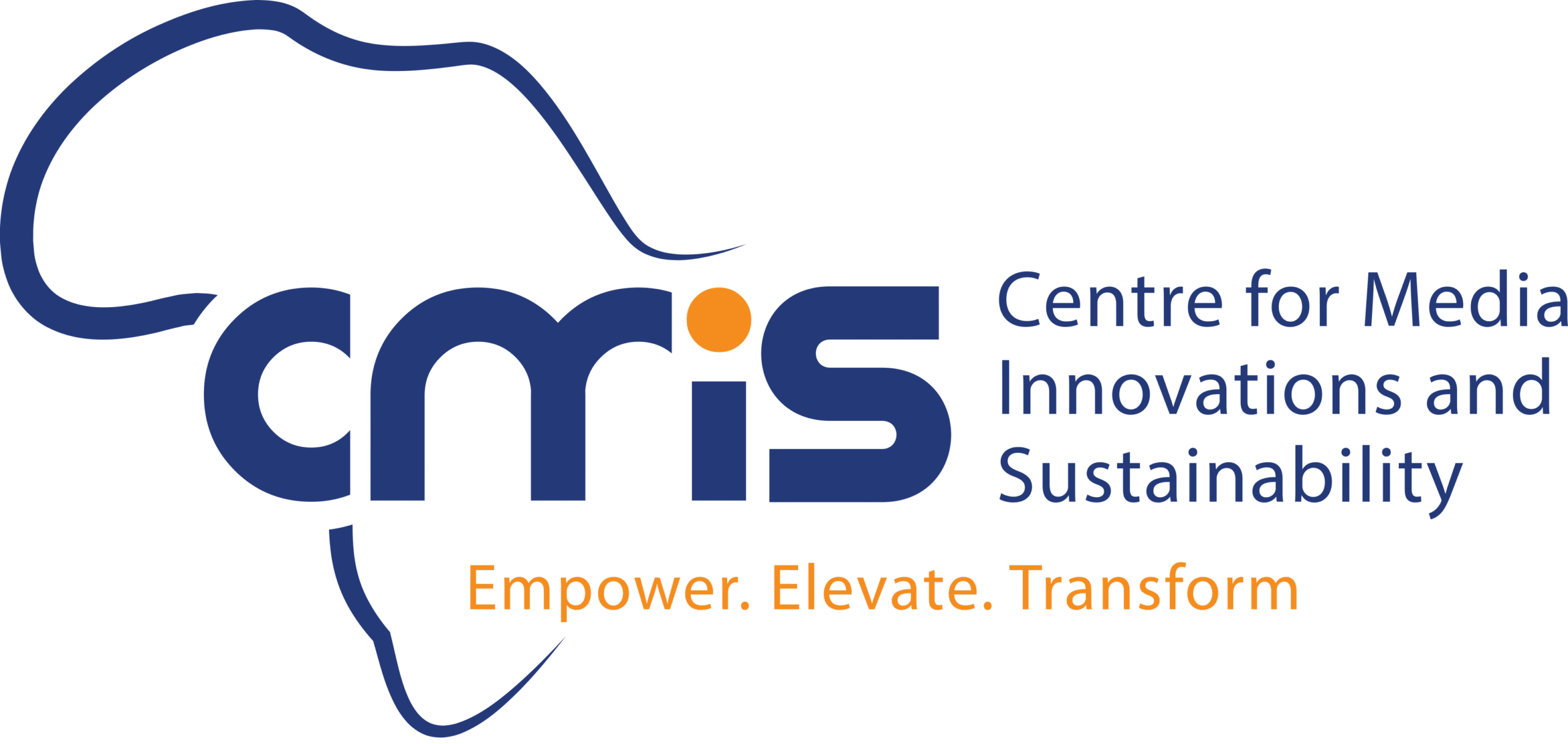
Ethical Reporting, A Virtue Quickly Eroding
For a long time, the media has found a special place in people’s hearts. Back in the day, many people began their day by listening to the morning news bulletin.
Others by picking the day’s newspaper(s). Today, we turn to our phones to scroll through different timelines to see what is happening in the world before we do anything else.
This is strongly anchored in the trust we have in the media. The media is the conveyer belt of the truth around us. The media informs, educates, entertains and guides us.
However, something has changed. The process of newsmaking was mainly a preserve of journalists in the newsroom.
They hunted down the stories investigating them to the last detail until every fact was unearthed. A team of editors sat down to approve the story before it made it to the public.
With the advent of citizen journalism where everyone with a smart phone is a walking journalist, things have changed.
Social media changed the playground. With social media platforms where the livestream feature is a tap away, many of the breaking stories no longer have to go through any scrutiny.
Influence has shifted from the newsroom to the newsmaker. The one with more numbers commands the day.
To get their way, many an influencer has had to pull off stunts that are unethical to the practice of journalism.
Language has been the biggest culprit in this followed by facts. The use of foul language has been on the rise.
This is followed by the publishing of indecent photos and videos which are inappropriate especially to children.
Personal opinionated stories published as facts have immensely dealt a bad deal to authentic stories. The disregard of these two have forced several of those in need of good journalism short of options.
To remain in business, media houses have had to lean more to media that attracts more eyeballs than that which informs, educates, entertains and guides to be able to keep their doors open.
This is a real threat towards media sustainability. We have a duty as media practitioners to uphold ethical media reporting.
We have to approach the new media practices with the ethical practices of media. In the process of keeping our doors open for business, we have a duty to deliberately leave room for good journalism.
We risk losing public trust should we let the trendy approach to newsmaking become the norm. Ethical reporting calls for independence, fairness and transparency pillars which are currently quickly eroding.
Ethical journalism provides the public with accurate, reliable information needed to make informed decisions about their lives and their government.
Without ethical standards, media can become a source of misinformation, manipulation, and social harm. We have already seen this and we do not want to see it spread.
The future of Africa’s media landscape depends on a renewed commitment to ethical standards by all media practitioners.
This requires not only holding newsroom journalists accountable but also creating an environment where citizen journalism can operate with restriction.
Supporting independent media houses, investing in journalist training, and promoting media literacy among the public are all essential steps and that is what CMIS Africa is committed to doing.
By upholding the core principles of truth, fairness, and independence, the media space will thrive and get better.
![]()







